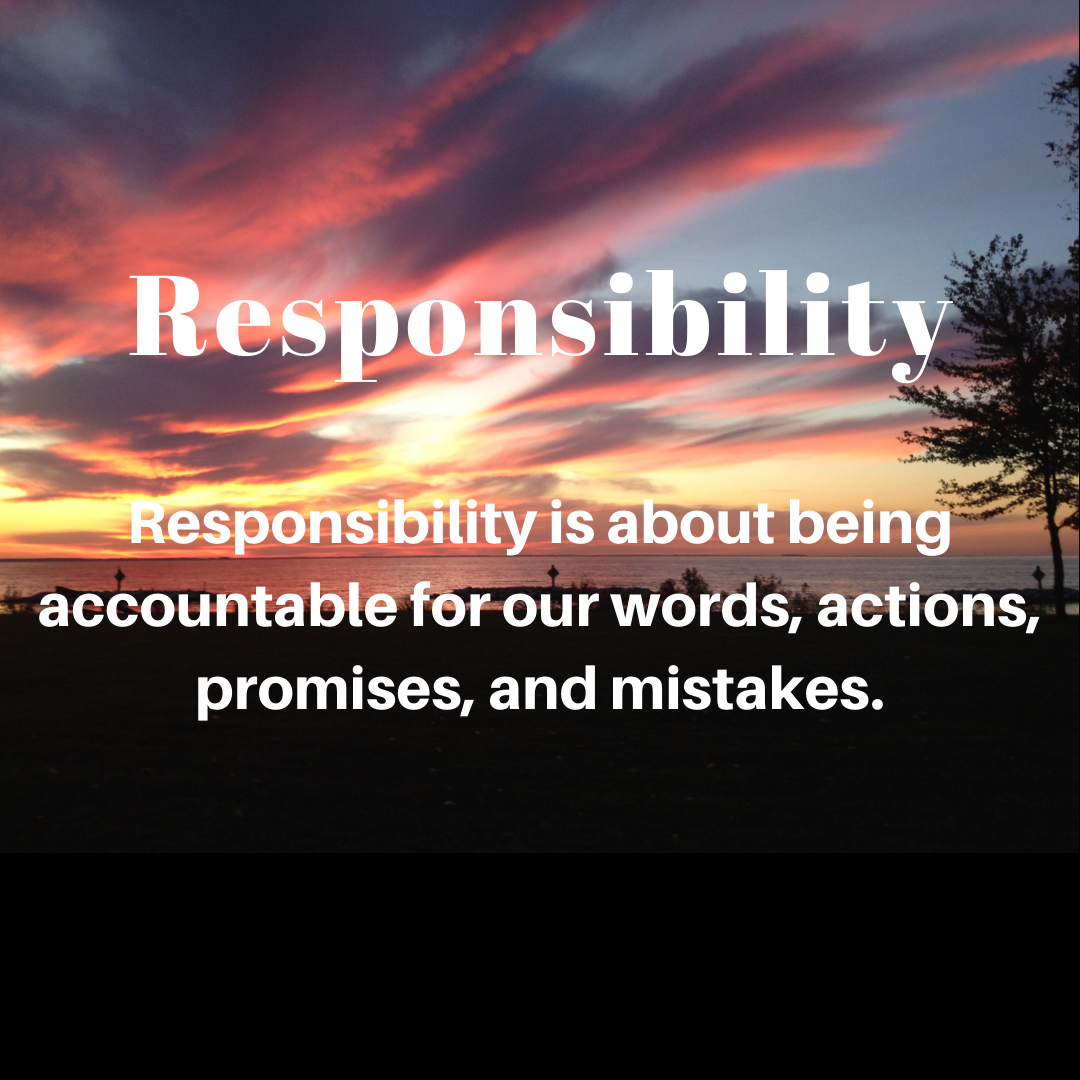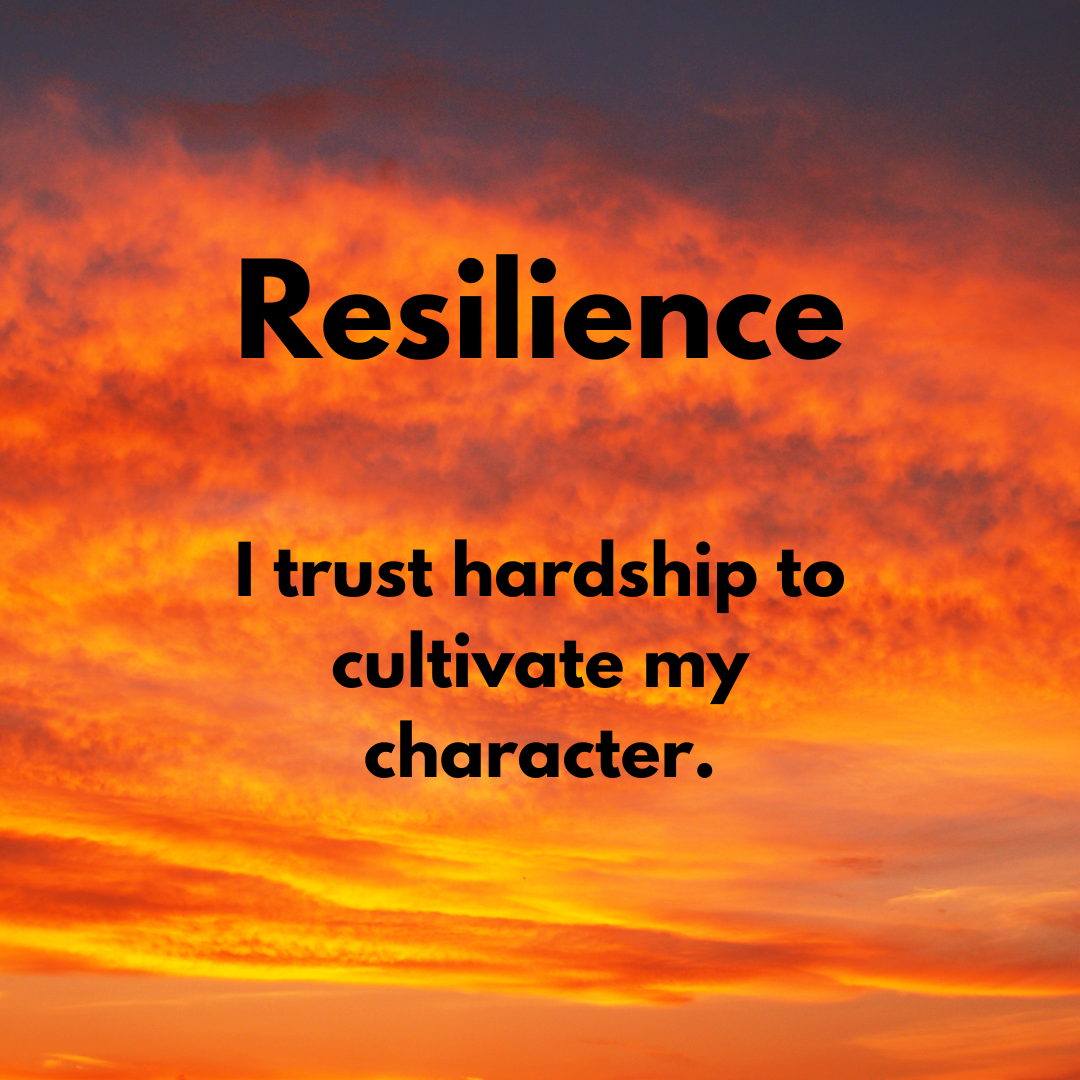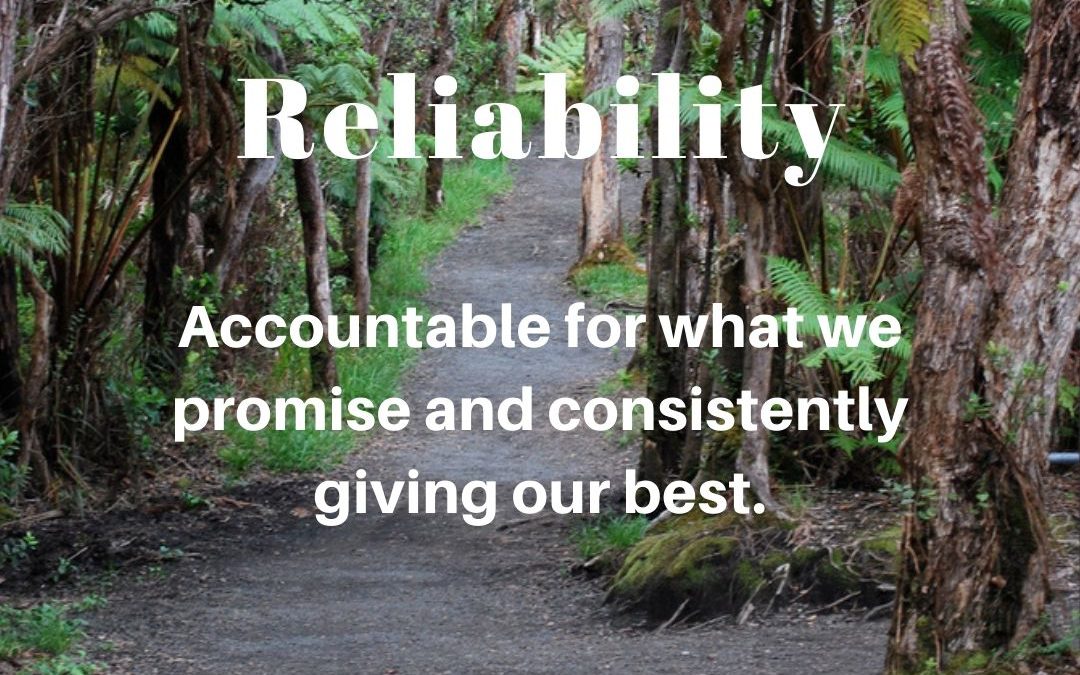
Reverence
Description
Reverence is the deep recognition of the sacred in all aspects of life. It is living with an awareness of the divine presence and honoring the profound interconnectedness of existence. Practicing reverence involves cultivating a sense of awe, gratitude, and respect for the wonders of the world—both seen and unseen.
Reverence invites us to slow down, pause in silence and solitude, and reflect on life’s mysteries. It encourages us to seek deeper meaning and purpose, whether through prayer, meditation, or simply observing the beauty of the natural world. This virtue calls us to treat the earth with care, acting as respectful stewards of its resources and treasures.
In relationships, reverence manifests as a genuine appreciation for others and an acknowledgment of the value and dignity of every being. It inspires us to listen with an open heart, to speak with kindness, and to act with compassion. Reverence helps us treasure the moments we share and the lives we touch.
By embracing reverence, we nurture faith in something greater than ourselves, deepen our love for life, and align our actions with our highest values. It is a path to harmony, humility, and lasting inner peace.
Affirmations for Reverence
1. I honor the sacredness of all life.
This helps cultivate an attitude of respect and deep appreciation for the interconnectedness of all living beings.
2. I take time each day to reflect in silence and solitude.
Reflection nurtures mindfulness, allowing space to connect with the divine and the mysteries of existence.
3. I cherish the beauty and wonder of the natural world.
By appreciating nature, we develop gratitude and humility, recognizing our role as stewards of the Earth.
4. I speak and act with respect for myself and others.
This fosters harmonious relationships and affirms the dignity of all individuals.
5. I pause to appreciate the present moment.
Reverence grows through mindfulness, grounding us in the here and now to experience life fully.
6. I am grateful for the mysteries I cannot fully understand.
Acknowledging mystery opens the heart to faith and deepens our sense of awe and humility.
7. I treat my surroundings as sacred spaces.
This inspires care and intentionality in how we live and interact with the world around us.
8. I embrace quiet moments to connect with the divine within me.
Reverence is strengthened by recognizing and honoring the sacred within ourselves.
9. I choose to see the good in every person I encounter.
Seeing others through a lens of reverence helps build compassion and understanding.
10. I nurture a sense of wonder in everyday life.
Reverence thrives when we find joy and amazement in even the smallest details of our existence.
Quotes
“When we practice deep reverence for life, we find ourselves in harmony with the natural order of the universe.” — Albert Schweitzer
“Reverence for life affords me my fundamental principle of morality: to treat all living beings with compassion and care.” — His Holiness the Dalai Lama
“True reverence for the Creator begins with respect for His creation, for we are stewards, not masters, of the earth and all life upon it.” — Pope Francis
Reverence In Family Life
Reverence in family life is the practice of living with deep respect for one another, for the life you share, and for the greater mysteries that surround and sustain you. It is a recognition that each family member is unique and precious, deserving of love, kindness, and understanding. Reverence invites parents and children to honor the sacredness of their relationships and to find beauty and meaning in everyday moments.
For parents, reverence means leading by example—showing respect through the words they choose, the actions they take, and the priorities they set. It involves pausing to appreciate the joys and lessons of family life, creating a home where gratitude, mindfulness, and connection are nurtured. By treating their children with care and dignity, parents teach them to recognize their own worth and to value others.
For children, reverence begins with observing and participating in these practices. It grows as they learn to respect their siblings, express gratitude for family traditions, and care for their shared environment. Reverence helps children develop a sense of awe for life’s wonders, from the simple beauty of nature to the deeper bonds they share with those they love.
Together, families who practice reverence create a culture of respect, gratitude, and mindfulness. They learn to cherish their time together, to value each person’s contributions, and to seek the deeper meaning in life’s experiences. Reverence in family life transforms ordinary interactions into opportunities to connect, grow, and thrive as a loving and united family.
Balancing Reverence
Reverence, when balanced, is a profound force that fosters respect, mindfulness, and a sense of connection in family life. It encourages families to cherish the sacredness of their relationships and their environment. However, like all virtues, Reverence can become excessive—leading to rigidity or detachment—or deficient, resulting in a lack of respect or mindfulness. Balancing Reverence with complementary virtues ensures it remains a healthy and positive influence in family life.
-
-
-
Humility: Humility reminds us that while we honor the sacred, we are not above others, fostering equality and approachability in family relationships.
-
Flexibility: Flexibility ensures that Reverence does not become rigid, allowing families to adapt traditions and practices in ways that suit their evolving needs.
-
Practicality: Practicality grounds Reverence, ensuring that it does not lead to overly idealistic expectations but is integrated meaningfully into daily life.
-
Joyfulness: Joyfulness adds lightness and warmth to Reverence, preventing it from becoming overly solemn or serious.
-
Assertiveness: Assertiveness ensures that honoring others does not come at the cost of one’s own needs and boundaries, creating balance in relationships.
-
Simplicity: Simplicity helps keep Reverence focused on what truly matters, avoiding unnecessary complications or material distractions.
-
Compassion: Compassion softens Reverence, ensuring it is expressed with kindness and understanding, rather than strict adherence to ideals.
-
Curiosity: Curiosity invites exploration and wonder, ensuring that Reverence is not confined to specific traditions but grows with a sense of discovery.
-
Gratitude: Gratitude complements Reverence by focusing on the blessings of the present moment, fostering appreciation for both the sacred and the ordinary.
-
Confidence: Confidence balances Reverence by helping individuals embrace their own worth and purpose within a greater context.
-
-
Maintaining a balance of virtues is essential for creating a harmonious family life. When Reverence is moderated with complementary qualities, it becomes a source of strength and connection, inspiring parents and children to live with respect, mindfulness, and joy. By practicing balance, families can embrace the sacred while remaining grounded, flexible, and compassionate, ensuring well-being and growth for all.
Joe is a husband, father, grandfather, author, speaker, educator, course creator, and parent/family coach.
He helps parents develop unity, find clarity, communicate, and develop consistency in their parenting with the Four C’s of Successful Families. You can find his work on social media.
In addition, the Four C’s newsletter is enjoyed by many as it encourages parents to self-care, build their relationships with their partners, and raise their children.
And he loves to golf!






